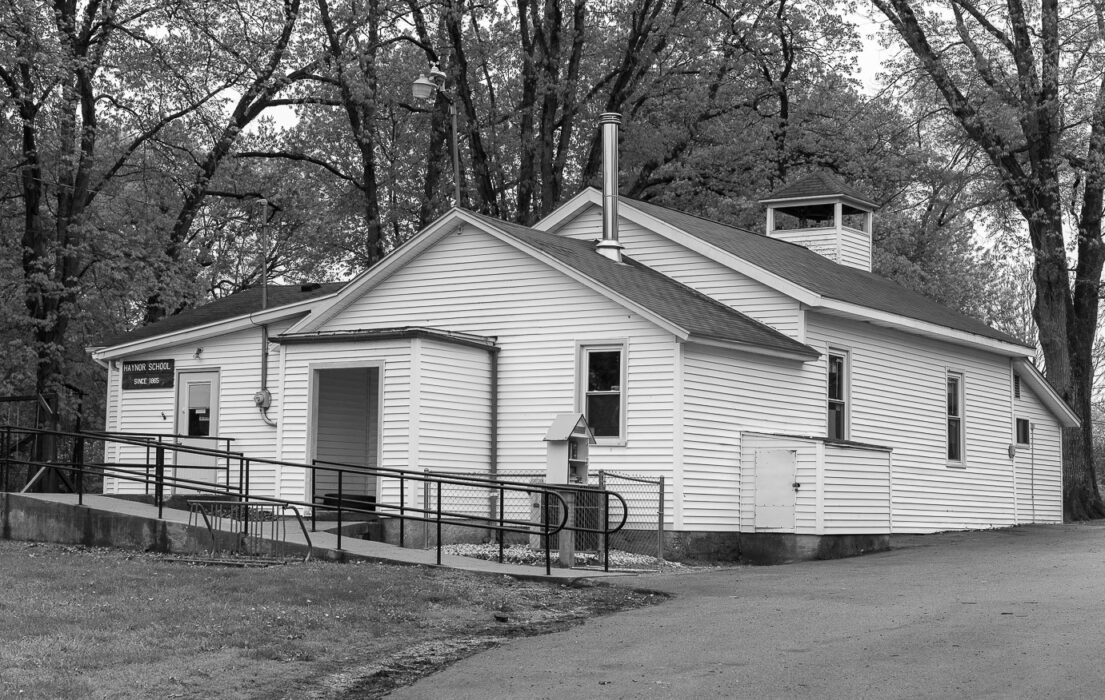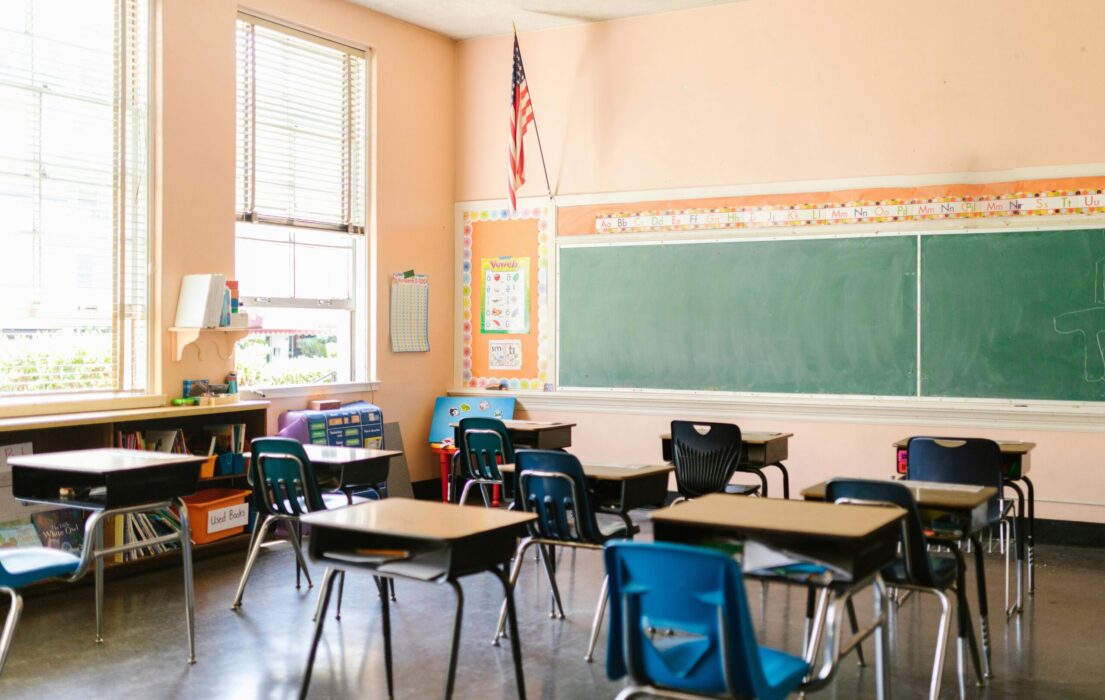National Rural Education Association
National Rural Education Association

The National Rural Education Association is pleased to announce four new members of the NREA Executive Board, who will begin their term on January 1, 2026.
NREA held elections for three of the ope ...

Rural schools were once a common sight in Michigan at the turn of the century. At one point, Michigan had over 7,000 one-room schoolhouses; now, less than 20 remain in Michigan’s lower peninsula, acco ...

For more than three decades, I have worked in and with rural schools across the United States, teaching, researching, and advocating for Multilingual Learner (ML) students. During that time, I have wa ...

When you live in a rural area, creative thinking comes with the territory. Rural schools are resourceful and seek opportunities for growth, even when funding is low or nonexistent. At Mohave Valley Sc ...

This article was originally published by the Association of Illinois Rural and Small Schools (AIRSS), the Illinois State Affiliate of the NREA. NREA invited State Affiliate Directors and other rural ...
NREA helps rural educators by finding and helping them use the resources needed to educate today’s students. Whether that’s a rundown on current legislation and how it affects rural communities or guidance on how to meet specific educational needs within your community, our national organization can help. We also help in the publication of your research because we believe in the value of shared knowledge. We are your advocates—your voice—in education.
Our Vision:
The NREA envisions strong rural schools and communities where education is the catalyst for resilience, opportunity and success.
Our Mission:
As the trusted voice for rural education, the NREA advocates for every rural learner, educator, and community.






students enrolled in rural schools
members in 50 states and 5 countries
NREA State Affiliates
university/college members
The NREA provides frequent opportunities for rural educators to communicate with each other through its journals and newsletters, regional and national meetings, and conventions. Through our national and international network, our members share common concerns, issues, and current practices in rural education—a valuable and worthwhile benefit linking you to numerous state, regional, and national entities working on a day-to-day basis for the interests of rural and small schools.